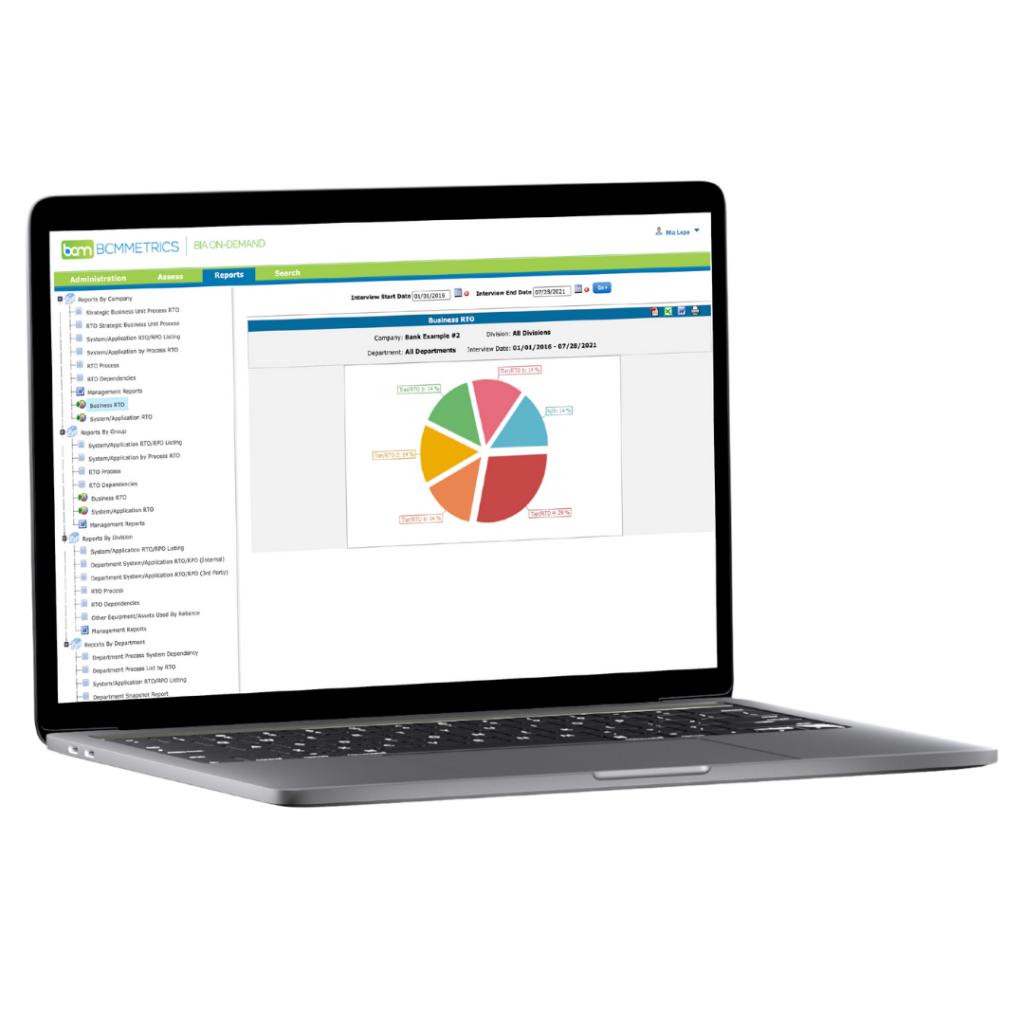Crisis Event Documentation—The Essential Guide for Crisis Management

In the heat of a crisis, clear communication and precise action are paramount. Yet, without a standardized crisis event documentation process, your Crisis Management Team might find themselves navigating through chaos. If you’re yet to establish a steadfast documentation routine during crisis scenarios, it’s high time to consider implementing one. Here’s why documenting every detail matters and how you can make the process smoother and more efficient for everyone involved.
Why Standardize Crisis Documentation?
First off, documentation during a crisis might not be everyone’s favorite task, often seen as a tedious but necessary evil. However, having a clear, standardized process for your crisis team can significantly streamline both communication and action. This guide is designed to help you set up a documentation process that’s simple yet effective, bridging the gap between chaos and a structured response mechanism.
Step-by-Step Guide to Streamlining Your Crisis Documentation Process
- Implement an Easy-to-Use Event Reporting Form
Craft a concise Event Reporting form that captures essential details – who, what, when, and where – of the incident. The form should be intuitive, requiring minimal training, encouraging team members to document more rather than less. Emphasize to your team the importance of thorough documentation; when in doubt, jot it down. - Assign a Dedicated Summarizer
Designate a person or a team responsible for compiling the Event Reporting forms. They’ll summarize the key points and escalate high-priority issues to the Crisis Team Leader at regular intervals, say every four hours. This role often suits those with project management or audit experience due to their knack for detail-oriented tasks. - Standardize an Incident Action Plan (IAP) Template
Prep an Incident Action Plan template well in advance. This will guide the Crisis Team Leader in outlining crucial actions for the upcoming operational period based on the ongoing situation. This step is vital for maintaining a forward momentum towards recovery. - Maintain a Standard Briefing Agenda
Ensure the Crisis Team Leader adheres to a standardized agenda when briefing Senior Management and the Crisis Management Team. This consistency guarantees that all critical updates are conveyed without omission, facilitating a cohesive and informed response effort. - Compile a Comprehensive After-Action Report
Once the dust settles, collate a detailed after-action report using the data captured by the Crisis Management Team. This document is invaluable for internal review and must be shared with necessary external parties, including Legal and Insurance entities, to ensure all lessons are learned and improvements made for future crises.
Final Thoughts
Awareness of your current situation and understanding the steps forward are pillars of effective Crisis Management and Leadership. Integrating these documentation practices into your routine—not just during actual crises but also in mock disaster exercises—will refine and enhance your team’s response capabilities over time. Starting today, let documentation be your stronghold in navigating through crises with confidence and precision.

Michael Herrera
Michael Herrera is the Chief Executive Officer (CEO) of MHA. In his role, Michael provides global leadership to the entire set of industry practices and horizontal capabilities within MHA. Under his leadership, MHA has become a leading provider of Business Continuity and Disaster Recovery services to organizations on a global level. He is also the founder of BCMMETRICS, a leading cloud based tool designed to assess business continuity compliance and residual risk. Michael is a well-known and sought after speaker on Business Continuity issues at local and national contingency planner chapter meetings and conferences. Prior to founding MHA, he was a Regional VP for Bank of America, where he was responsible for Business Continuity across the southwest region.








